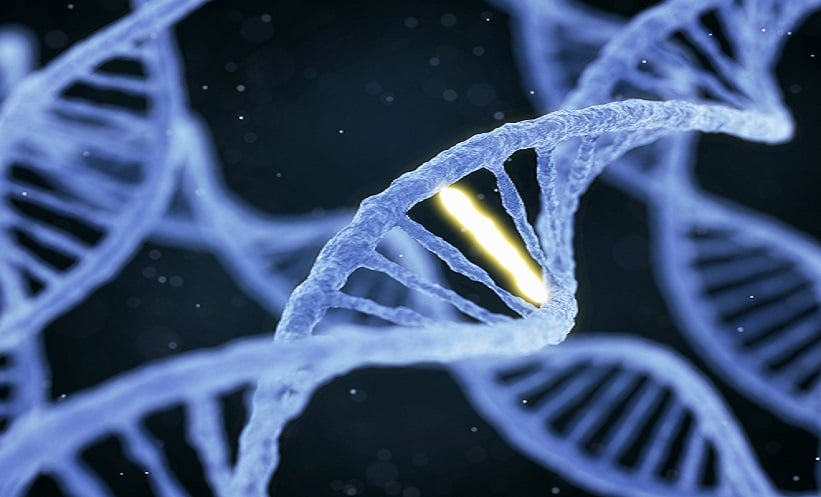RESEARCHERS at the National Institute for Health and Care Research Manchester Biomedical Research Centre, have found that women treated for ovarian cancer, caused by mutated BRCA genes, have a lower risk of developing breast cancer. This study provides a more comprehensive understanding of the relative breast cancer risk following ovarian cancer diagnosis.
Whilst cancer is not generally inheritable, there are several gene mutations known to significantly raise the prevalence of cancer, namely breast, colorectal, prostate and ovarian. BRCA1 and BRCA2 are examples of these genes, encoding tumour suppressor proteins, that regulate cell proliferation and division.
For this study, Gareth Evans, Manchester Centre for Genomic Medicine, UK, and colleagues, looked at the risk of breast cancer in 701 women who did not have breast cancer at the time of ovarian cancer diagnosis (BRCA1=425). The cumulative annual breast cancer incidence was assessed at 2, 5, 10 and >10 years following ovarian cancer diagnosis date.
Results revealed that for women containing the BRCA1/2 mutations, the likelihood of developing breast cancer, in the first five years after ovarian cancer, was lower than the control. Interestingly, the annual incidence of breast cancer was significantly lower in BRCA2, at 1.27% annually, compared with 1.86% for BRCA1 (hazard ratio (HR)=0.60; P=0.02). Overall, the breast cancer risk of BRCA1 at 2, 5, 10 and 15 years following ovarian cancer diagnosis was 2.1%, 5.0%, 15.0% and 29.1% respectively. Whilst the breast cancer risk for BRCA2 group, at 2, 5, 10 and 15 years following ovarian cancer diagnosis was 3.3%, 6.2%, 10.4% and 20.3% respectively.
“Women can be reassured that incidence of breast cancer after ovarian cancer diagnosis is relatively low. It appears likely that this effect is due to platinum-based chemotherapy. Nonetheless women need to be aware that incidence increases thereafter, especially after 10 years” concluded Evans, first author of this study.
Reference
Evans DG et al. Breast cancer after ovarian cancer in BRCA1 and BRCA2 pathogenic variant heterozygotes: Lower rates for 5 years post chemotherapy. Genetics in Medicine. 2024;9(26):101172.








